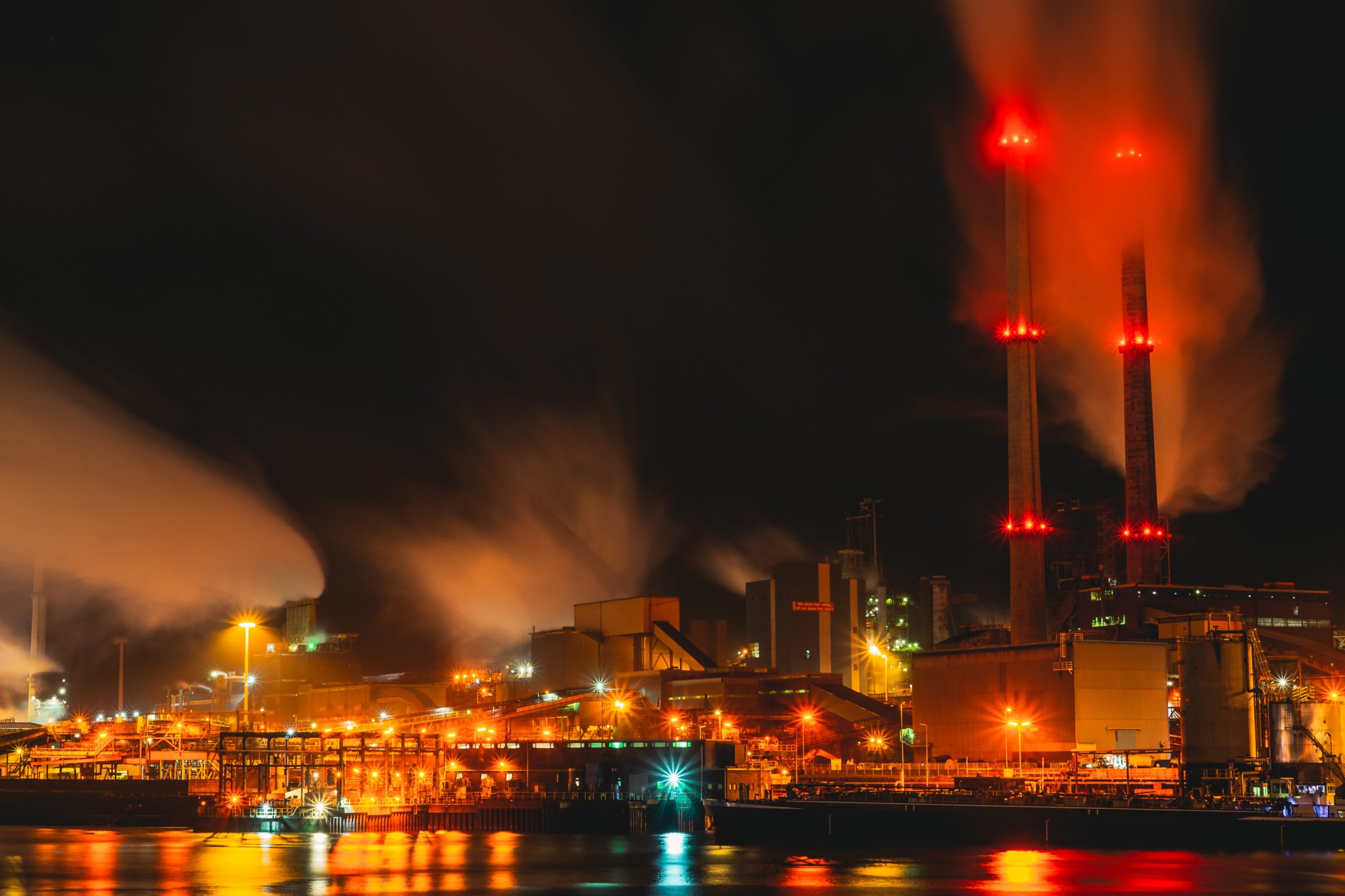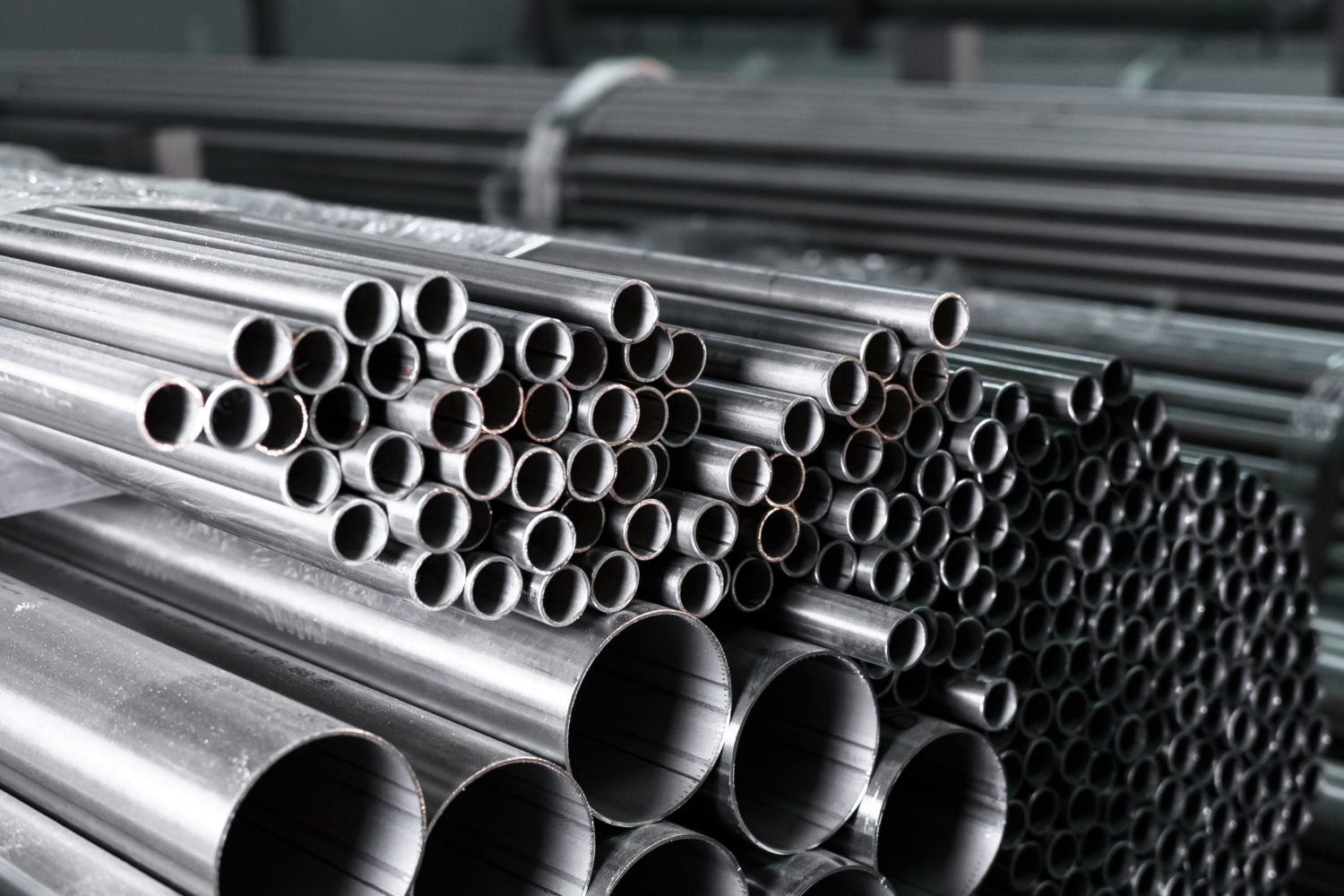
ArcelorMittal Decarbonization Move Highlights Urgency of Steel Emission Reductions
Government funding essential to support corporate carbon reduction moves
The global steel production sector made an important symbolic move toward tackling its massive carbon emission problem with ArcelorMittal’s unveiling of a new decarbonization initiative, Mighty Earth said today. ArcelorMittal, one of the world’s largest steel producers, committed on March 17 to the development and rollout of two branded low-carbon steel product lines including a “certified green steel” line and a low-carbon recycled steel line, respectively. The World Steel Institute estimates that the steel sector is responsible for approximately eight percent of total global carbon dioxide emissions.
“ArcelorMittal’s low-carbon steel initiative marks a small step toward a wider steel-sector recognition of the urgency of transitioning production systems toward carbon neutral emission systems,” said Phelim Kine, senior director Asia at Mighty Earth. “ArcelorMittal has sent a clear signal that steel production’s current high carbon emission status quo is both environmentally and economically unsustainable, but more dramatic carbon reductions by the steel sector are necessary to align with a 1.5°C global warming trajectory.”
This initiative will render only modest reductions in ArcelorMittal’s carbon emissions. The company’s new low-carbon product lines will constitute only a maximum of two percent of ArcelorMittal’s total annual steel production by end-2022. ArcelorMittal plans to expand that production to a target of ten percent of its total steel products by 2025-2030. That’s a fraction of the industrial carbon emission reductions that the United Nations’ Intergovernmental Panel on Climate Change (IPCC) has estimated as essential to limit global warning to 1.5°C by 2050. The IPCC warns that failure to meet that target will greatly increase “climate-related risks to health, livelihoods, food security, water supply, human security, and economic growth.” Company officials explicitly linked the development of the product lines to government, societal and customer demands for low carbon emission steel.
ArcelorMittal also announced the creation of a new “Innovation Fund” aimed to seed the development of new technology and companies dedicated to reducing heavy industry carbon emissions. The company’s Chief Executive Officer, Aditya Mittal, emphasized the fund’s annual US$100 million budget was only a fraction of what was needed to transform the steel sector to a low-carbon future and declared “We need partners” to accelerate such efforts. That admission is an implicit recognition of the need for deep investment by both governments and the private sector to effect the needed production chain overhauls across the heavy industry sector in order to align it with a 1.5°C global warming trajectory.
ArcelorMittal’s initiative dovetails with the objectives of a new international multistakeholder policy tool pioneered by Mighty Earth and The Climate Group dedicated to accelerate and scale-up the decarbonization of heavy industry to align with a 1.5°C global warming trajectory. That tool, the Global Framework Principles for Decarbonizing Heavy Industry (“Framework Principles”), launched last month after a drafting process that involved close coordination with industry and policy experts across the globe. Those principles constitute the first-ever publicly available global guidance for how to equitably balance economic growth with decarbonization.
The Framework Principles outline the role of governments and private industry to ensure the successful decarbonization of heavy industries including steel, cement and chemicals through allocation of public financing for emissions reduction plans. The Framework Principles also specify investment in low- and zero-carbon technologies as a top government and corporate priority to help phase out fossil fuel use in industrial processes. The growing number of heavy industry corporate endorsers including Tata Steel Ltd. and JSW Cement reflect how corporations are seizing the initiative on industrial decarbonization.
“ArcelorMittal’s initiative should place urgent decarbonization at the top of the heavy industry sector’s priorities and catalyze private sector and government action to provide the necessary funding as well as the policy and regulatory environment necessary to fast-track that process,” Kine said. “Avoiding the climate repercussions of unmitigated industrial high carbon emissions requires serious, timely and collaborative corporate and policy sector measures to keep our planet from heating beyond 1.5C.”


